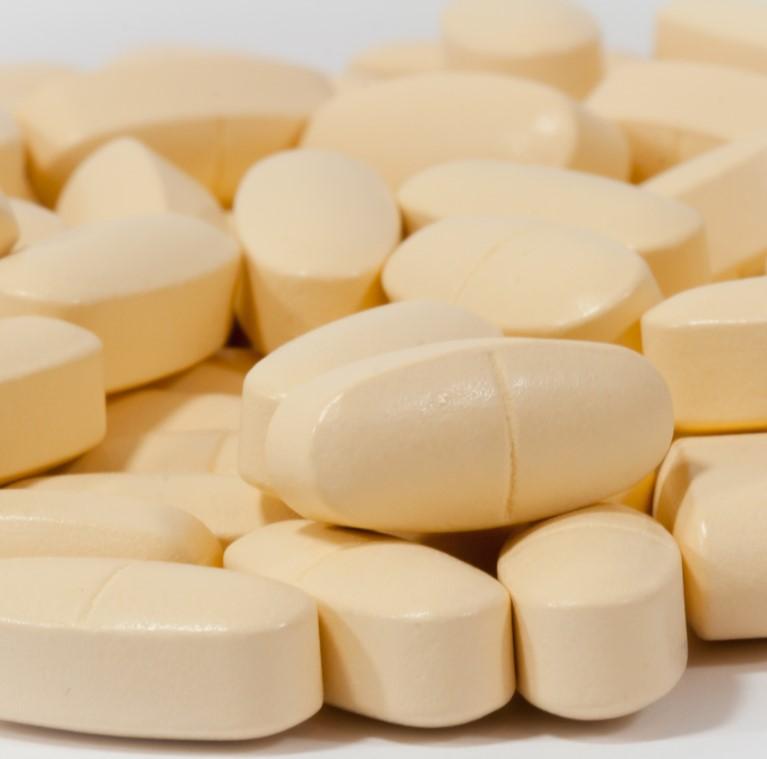The combination drug lopinavir-ritonavir is not recommended for hospitalized COVID-19 patients because it doesn't significantly shorten hospital stay or lower the risk of needing mechanical ventilation or of dying, according to a study yesterday in The Lancet.
The ongoing University of Oxford–sponsored Randomised Evaluation of COVid-19 thERapY (RECOVERY) trial involving coronavirus patients at 176 hospitals in the United Kingdom is the first known large, randomized, controlled trial to assess the effectiveness of lopinavir-ritonavir for this indication.
The antiviral drug combination, approved by the US Food and Drug Administration to treat HIV/AIDS, has been recommended as a first- or second-line treatment for COVID-19 in many countries on the basis of in vitro activity and preclinical and observational studies. While a 2004 trial suggested that lopinavir-ritonavir lowered the risk of poor outcomes and high viral loads in patients with severe acute respiratory syndrome (SARS), which is also caused by a coronavirus, subsequent studies produced mixed results.
No significant differences in outcomes
In the University of Oxford trial, patients were randomly assigned to either usual care or usual care plus 400 milligrams (mg) of lopinavir and 100 mg of ritonavir by mouth twice a day for 10 days or until release from the hospital.
From Mar 19 to Jun 29, 374 of 1,616 patients (23%) receiving lopinavir-ritonavir and 767 of 3,424 patients (22%) receiving usual care died within 28 days (rate ratio, 1.03). The difference in time to hospital release was a median of 11 days for both groups, and the proportions of both groups released from the hospital within 28 days were also similar (69% of the lopinavir-ritonavir group vs 70% of the usual care group; rate ratio, 0.98).
Neither was there a significant difference in the proportions progressing to require mechanical ventilation (10% of the lopinavir-ritonavir group vs 9% of the usual care group) or dying of their infections (risk ratio, 1.09). Both groups had similar proportions of patients requiring dialysis within 28 days when they didn't need it previously (66 of 1,588 [4%] of patients in the lopinavir-ritonavir group vs 140 of 3,348 [4%] of patients in the usual care group; risk ratio, 0.99).
"These results were consistent across subgroups of age, sex, ethnicity, duration of symptoms before randomisation, amount of respiratory support at randomisation, and baseline predicted risk of death at randomisation," the authors wrote.
Care guidelines need revisiting
Clinical care guidelines that recommend lopinavir-ritonavir to treat hospitalized coronavirus patients should be updated to reflect the study findings, the researchers said.
"Since our preliminary results were made public on June 29, 2020, [the World Health Organization] has halted the lopinavir–ritonavir monotherapy and the lopinavir–ritonavir plus interferon beta combination groups of the SOLIDARITY trial because the interim results are in line with those presented here—lopinavir-ritonavir does not improve clinical outcomes for patients admitted to hospital with COVID-19," the researchers said.
Lopinavir-ritonavir was one of a number of therapies being studied as part of the RECOVERY trial. The lopinavir-ritonavir treatment arm was stopped early, along with those of the antimalarial drug hydroxychloroquine and the corticosteroid dexamethasone, after showing no benefit. Trials of the antibiotic azithromycin, the immunosuppressive drug tocilizumab, convalescent plasma (which contains antibodies from recovered COVID-19 patients), and Regeneron's monoclonal antibody cocktail REGN-CoV2 are ongoing.
In a commentary in the same journal, Bin Cao, MD, of the National Center for Respiratory Medicine of China and Japan, and Frederick Hayden, MD, of the University of Virginia in Charlottesville, said that although the study findings rule out the use of lopinavir-ritonavir in hospitalized patients with COVID-19, the use of more potent antiviral drugs given early to treat mild cases or prevent infection in high-risk populations after exposure remains a possibility.
But using antiviral drugs alone for patients with moderate or severe COVID-19 is unlikely to be sufficient. "The evaluation of efficacy and safety of combination therapy with antivirals and immunomodulators for severe COVID-19 should be a priority for ongoing and future clinical trials," Cao and Hayden said.























